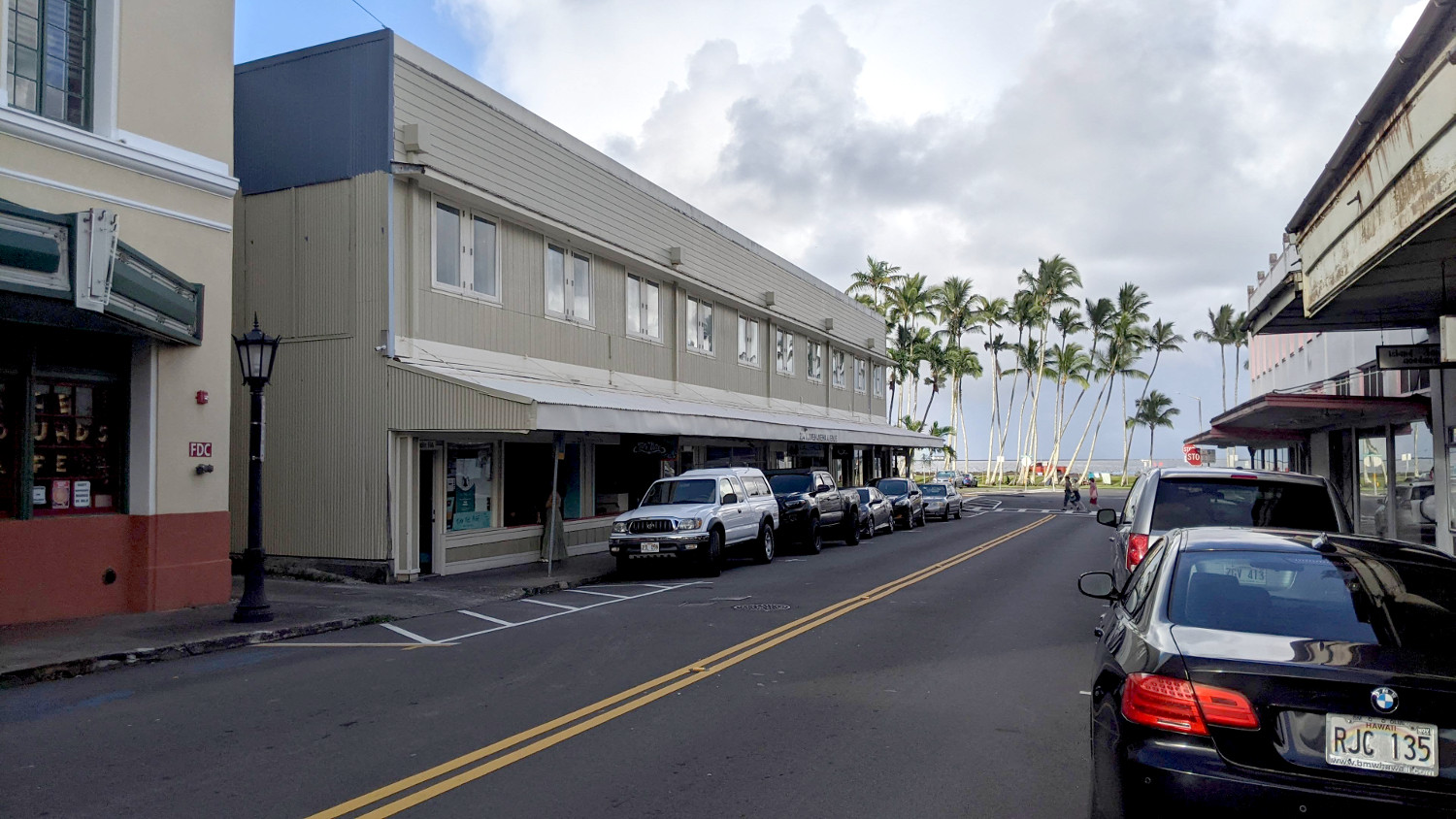(BIVN) – A Hawaiʻi County Councilmember says he is working on ways to reduce the tax burden for Big Island residents, and one of his proposals will have a committee hearing next week.
Puna councilmember Matthew Kānealiʻi-Kleinfelder says he has introduced a resolution to immediately decrease the current Hawaiʻi County Fuel Tax. From the office of the councilman:
The recent rise in fuel prices could not come at worse time for the Hawaiʻi Island community as many of our working families are struggling to make ends meet and get to work or school. Workers on Hawaiʻi Island travel much farther daily than any other island. This is especially true for the residents of Puna. The dramatic increase in the price of gasoline (currently $5.20 per gallon) and the rising rate of inflation (7.5% and climbing) is compounding the dire financial situation for Hawaiʻi Island Families. We can provide some relief for our Hawaiʻi Island community.
I am sponsoring Resolution 363-22. This Resolution will immediately decrease the current County Fuel tax by $0.10 per gallon for liquid fuels.
It is my hope that both our State and Federal Governments follow suit by lowering their respective fuel taxes. This can result in a significant reduction in the price of a gallon of gasoline on Hawaiʻi Island. Currently, the Hawaiʻi State and County fuel tax is $.51 cents per gallon. Rising fuel costs results in significant increases for local grown agriculture products and the costs to deliver goods to our retailers.
Kānealiʻi-Kleinfelder says Resolution 363-22 will have a public hearing before the Finance Committee next week Tuesday, April 5. “I encourage Hawaiʻi Island residents to testify in support of this measure,” the councilman said.
Meanwhile, Kānealiʻi-Kleinfelder is also calling on Governor David Ige to exempt federal COVID-19 financial assistance from taxable income. The Puna councilman shared this information:
As a member of the Hawaiʻi County Council representing District 5 and a small family business owner, I am very aware of the effects the pandemic has had on our business, employees and vendors — not to mention, the hardships of our customers.
According to the U.S. Small Business Administration, more than a thousand small businesses on Hawaiʻi Island closed for good since Governor Ige executed emergency orders in March 2020. Throughout Hawaiʻi, small businesses were required to close or follow strict and expensive safety protocols. The Federal Economic Relief kept their doors open to the community, and many of us are still struggling. Business dropped over 60% due to restrictions placed on businesses. Most businesses estimate at least 2-3 years to fully recover from the devastation, further compounded by the 7.5% inflation rate already adding to the high costs of business in Hawaiʻi.
States like California, Washington, Wisconsin, Vermont, Maine, New York, Pennsylvania, and Iowa have preemptively exempted Pandemic Relief grants as taxable income. In February, the California Restaurant Association (CRA) stated, “The CRA especially appreciates the Governor’s proposal to conform state law to federal rules […] helping restaurants that have relied on federal aid to make it through the pandemic.” The State of Hawaiʻi currently has at least a billion-dollar surplus, GE tax revenue exceeding conservative projections, and tourism returning to pre-pandemic levels; however, we are fully aware that can change in an instant. This is no time to impose unnecessary taxes on the small mom and pops, the restaurants, the bars, and venues who took the biggest economic losses.
If we hope to ensure a continued strong economic recovery, Governor Ige can unilaterally conform our State Laws to the Current Federal Tax Laws and exempt Federal Pandemic-Related Financial Assistance from being classified as taxable income. Governor Ige should provide the same relief to Hawaiʻi’s businesses who continue to struggle.
I will continue to work to encourage all businesses and business associations to request Governor Ige grant the same exemptions to Hawaiʻi’s recovering business community as the Federal Government, California, Washington, Wisconsin, Vermont, Maine, New York, Pennsylvania, and Iowa have already enacted.


by Big Island Video News12:00 pm
on at
STORY SUMMARY
HAWAIʻI ISLAND - Councilmember Matthew Kānealiʻi-Kleinfelder wants to decrease the Hawaiʻi County Fuel Tax, and exempt federal COVID-19 financial assistance from taxable income.